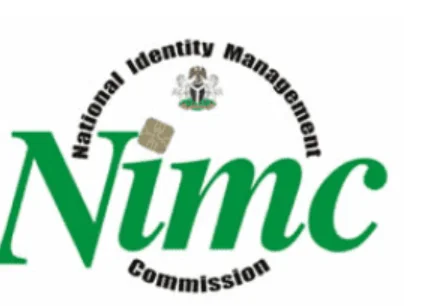Fintech startups in Nigeria face one of the most rigorous licensing environments in Africa. To operate legally, businesses must align their model with one of the Central Bank of Nigeria (CBN) licence categories, such as:
- Payment Solution Services (PSSP)
- Mobile Money Operator (MMO)
- Switching and Processing
- Regulatory Sandbox
Each licence comes with strict capital requirements, documentation, and long approval timelines that can make or break early-stage startups.
Fintech Licence Categories and Requirements
1. Switching and Processing Licence
- Capital Requirement: ₦2 billion shareholder funds + ₦2 billion escrow with CBN (refundable after approval).
- Documentation: Audited financials, corporate papers, detailed business plan, KYC/AML policies, external certifications.
- Timeline: 6 to 8 months (if documentation is strong, sometimes longer).
2. Payment Solution Service Provider (PSSP) Licence
- Capital Requirement: ₦100 million.
- Timeline: 3 to 6 months for approval (can extend up to 12–18 months in practice).
- Process: Requires inspections, audits, and extensive documentation.
3. Mobile Money Operator (MMO) Licence
- Capital Requirement: Higher than PSSPs, with stringent documentation.
- Timeline: 5 to 18 months, depending on clarity of submissions and CBN workload.
How Long Does Licensing Really Take?
While the CBN officially lists a 6–12 month timeframe, industry insiders report that:
- PSSP licences may stretch up to 18–24 months.
- Switching and processing licences: typically take 6–8 months.
- MMO licences may last a year or more.
These delays stem from manual processes, unclear requirements, and regulatory backlogs.
“Getting licenced is not easy anywhere, at least in the US and Nigeria,” said Akinsola Jegede, founder of VitalSwap. “But there are guidelines that helped us in the US. That level of structure is missing here.”
The Cost of Licensing Delays
For fintechs, delays mean more than just waiting:
- A startup projecting ₦500 million in first-year transactions could lose ₦40–₦60 million in transaction fees if licensing drags for a year.
- Investors may lose confidence, stalling funding rounds.
- Market opportunities are lost to faster-moving competitors.
Regulatory Crackdown on Unlicensed Operators
Operating without a licence is a costly risk in Nigeria:
- In 2023, the CBN fined fintechs ₦1.3 billion and froze accounts.
- The SEC shut down 12 unregistered investment platforms, seizing ₦500 million.
- The FCCPC removed 88 non-compliant loan apps from app stores.
Compliance isn’t optional, delays may hurt, but bypassing regulation can be fatal.
New Reforms to Speed Up the Process
Some efforts are underway to make licensing easier:
- Business Facilitation Act (2023): Mandates default approvals when agencies fail to respond within timelines.
- Licencing, Approval and Other Requests Portal (LARP): A digital portal for Microfinance Bank applications, designed to replace manual submissions.
- Government compendium: A clearer guide to licence types and documentation requirements.
However, most fintech founders say that practical improvements are yet to match policy promises.
Why This Matters for Nigeria’s Financial Inclusion
Nigeria still has 38 million adults (36% of the population) excluded from financial services, according to EFInA.
Licensing delays slow down the rollout of critical innovations like:
- Savings apps for market traders
- Cross-border remittance platforms for SMEs
- Affordable lending solutions for the underbanked
Faster, clearer licensing could accelerate inclusion, unlock growth, and strengthen Nigeria’s fintech dominance in Africa.










